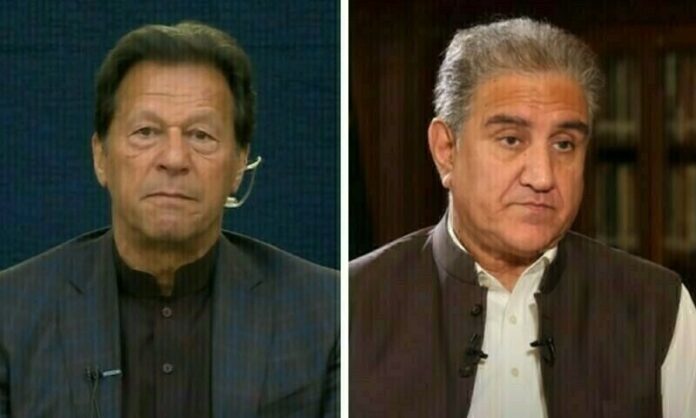The Supreme Court granted post-arrest bail to former Prime Minister Imran Khan and ex-Foreign Minister Shah Mahmood Qureshi in the infamous cipher case. The three-member bench, led by Justice Sardar Tariq Masood, directed the leaders to submit surety bonds of Rs1 million each. The cipher case revolves around a diplomatic document that the Federal Investigation Agency (FIA) alleges was not returned by Imran, with the PTI claiming it contained a U.S. threat to oust him. The Special Court (Official Secrets Act) had recently restarted the trial at Adiala Jail after the Islamabad High Court invalidated previous proceedings.
The Supreme Court, in its written order, stated that there is currently “no sufficient incriminating material” suggesting that Imran communicated the cipher information to the public or a foreign power. The judgment indicated that the disclosed information did not pertain to defense installations, and Imran did not reveal any “secret official code.” The court acknowledged the need for further inquiry but expressed a tentative opinion that there were no reasonable grounds to believe the petitioners committed the offense under Section 5(3) of the Official Secrets Act.
Justice Athar Minallah, in an additional note, emphasized that the alleged offense by Imran and Qureshi did not pose a threat to society, and their incarceration would not serve any useful purpose. He stressed the importance of bail to ensure fair elections, stating that it would allow people to express their will effectively. Justice Minallah underlined the need for equal treatment of political competitors during elections, highlighting that the incarceration of a political figure could adversely impact the fundamental rights of voters and compromise the integrity of elections.
The legal proceedings saw arguments from PTI counsel Salman Safdar, who asserted that the cipher case was a result of political victimization. The court questioned the FIA’s handling of sensitive documents, pointing out discrepancies in the trial. The PTI lawyer argued that Imran’s speeches did not disclose the contents of the cipher. At the same time, the prosecutor insisted on the document’s sensitivity and the government’s orders to investigate after an audio leak.
Amid legal intricacies, Justice Minallah questioned the relevance of the televised cipher and the potential danger posed by Imran’s incarceration during upcoming elections. The court observed inconsistencies in the charges and raised concerns about the violation of rules in handling sensitive documents. The judges expressed surprise at the earlier verdict by the Islamabad High Court and questioned the absence of a mention regarding the missing cipher in a National Security Council meeting.
As the legal saga unfolded, the Supreme Court’s decision brought relief to Imran Khan and Shah Mahmood Qureshi, marking a significant development in the cipher case.


